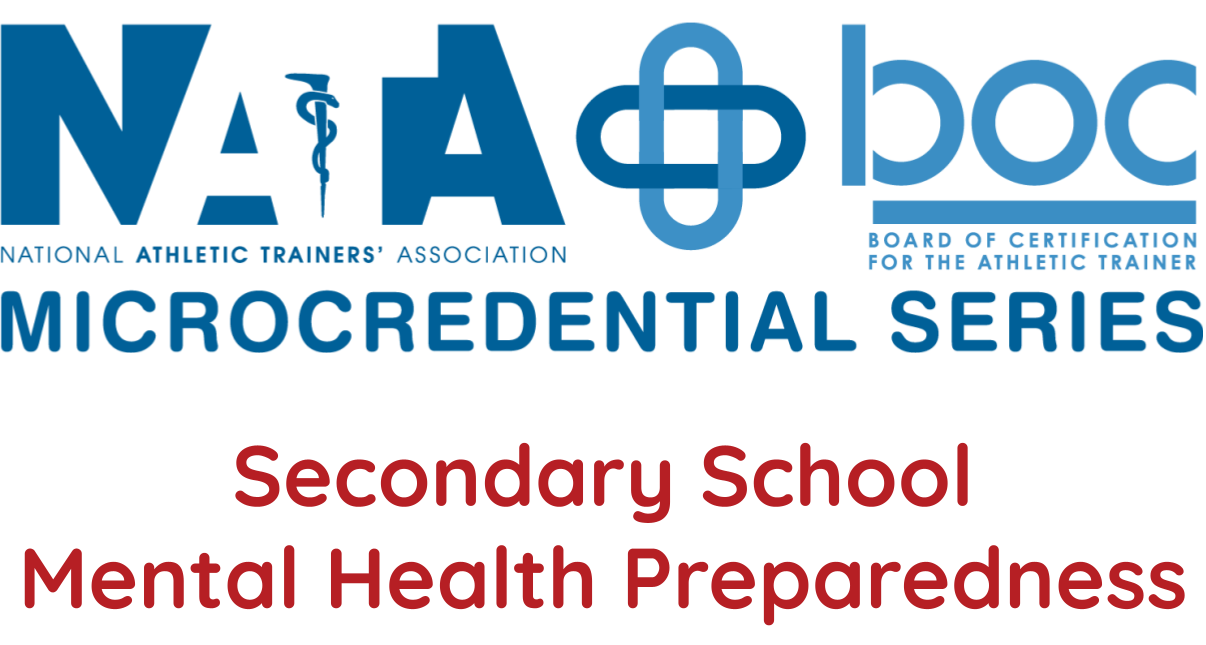
Kevin Carneiro, DO
A native of Canada, Dr. Carneiro who received an honors undergraduate degree from the University of Toronto in 1999. In 2005, he received his medical degree from the Philadelphia College of Osteopathic Medicine. Following medical school, he completed residency training in Physical Medicine and Rehabilitation (PM&R) and a fellowship in Sports and Spine Rehabilitation at Northwestern University Medical School / Rehabilitation Institute of Chicago (RIC). He is a board-certified physiatrist in physical medicine and rehabilitation as well as sports medicine.
Prior to coming to UNC, Dr. Carneiro served as a clinical instructor and chief resident at RIC. While there, he received the Meyer S. Gunther Award, which is given to the second-year resident who displays the art of listening, understanding and interacting with patients. Additionally, he won the Walter E. Heller Chief Resident Award and the Dr. Scholl’s Research Award.
He has conducted research and written book chapters and journal articles on musculoskeletal, sports and occupational rehabilitation medicine, most recently on exercise for low back pain. He presents regular lecture modules in musculoskeletal, sports and spine rehabilitation, and has lectured at various meetings on subjects ranging from complementary and alternative approaches to pain management, to return-to-play guidelines for athletes.
Outside of work, Dr. Carneiro enjoys daily exercise, competing in triathlons, meditation, singing, playing the guitar, and spending time with his family and friends.


